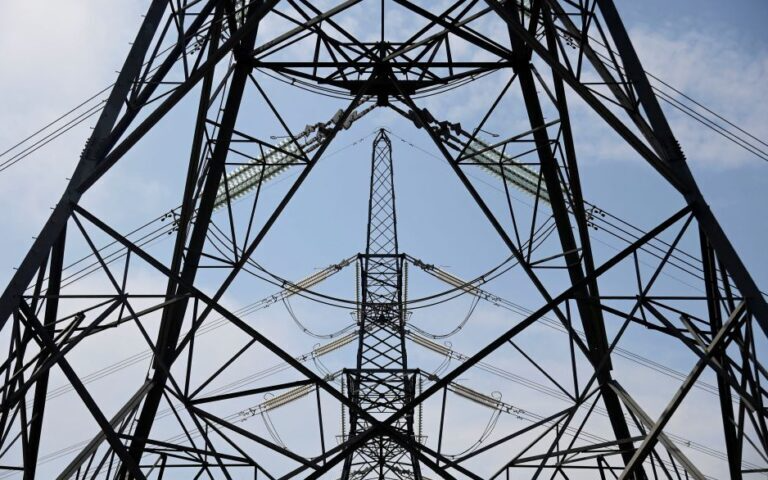
Electricity prices in the European South are five times higher than in the Nordic countries and almost twice as high as in Central and Western Europe, according to an analysis by Eurelectric (the European electricity industry organisation).
Eurelectric attributes the large price differences to the reduction of cross-border energy flows, a conclusion reached by the Greek government, which has already raised the issue with the EU: the Prime Minister Kyriakos Mitsotakis announced the relevant letter to the President of the European Commission, Mrs. Ursula von der Leyen, which was delivered on Friday, while the Minister of Environment and Energy, Theo Skylakakis, said that together with the Energy Ministers of Bulgaria and Romania, he is taking the initiative to create a permanent intervention mechanism whenever extreme prices are recorded, due to the disconnection of South-East Europe from the rest of the European energy market.
According to Eurelectric's analysis, while by April prices were close to pre-crisis levels, during the summer they soared due to increased summer demand, higher gas prices, and lower cross-border flows. The latter caused the large differences in prices between EU countries, which are as follows:
1. Nordic countries averaged below 20 Euro/MWh,
2. Central and Western Europe between 60-80 Euro/MWh, and
3. Southern and Eastern Europe above 100 Euro/MWh.
Wholesale prices in the Greek market were at similar levels (June: 98.89 Euro/MWh, July: 135.18 Euro/MWh, August: 129.83 Euro/MWh).
"The drop in cross-border flows from France—Europe's top exporting country—partially explains the price difference. France reduced electricity exports after the French operator announced that it would limit cross-border exchanges due to grid and power flow problems. Events such as these underline once again the importance of the EU's internal electricity market. EU countries need to interconnect better and ensure the integration of the EU energy market," Eurelectric said.
For his part, speaking at an event at the TIF, Mr Skylakakis said that the lack of electrical interconnections between Western Europe and Central and Eastern Europe, as well as some algorithms that prevent the interconnections from working rationally, have resulted, endemically, at times, in an absurd price formation being recorded in our region.
"The solution is not greater investment in production capacity, but the development of interconnections, as the Greek Minister stressed. Giving money to producers when they need interconnection investments (cables) that the network operators should make makes no sense. Let alone when the managers take the investment money from the consumers themselves. Until then, Greece's effort to raise the issue in Europe to create an intervention mechanism in case of market distortion and dysfunction, which is endemic, is already finding allies in countries like Bulgaria and Romania, which are facing the same or even a bigger problem."
The government's proposal to the EU therefore focuses on transferring resources from the market that currently go to producers to the Network Operators to upgrade interconnections that will allow the distortions to be cured and the single market to function, which, as shown by the large price differences between countries, does not exist today. At the same time, the Greek Minister for the Environment will reintroduce his proposal from the summer to give Member States more latitude in intervening in the energy markets because the current Directive's conditions make it impossible to do so in practice.






